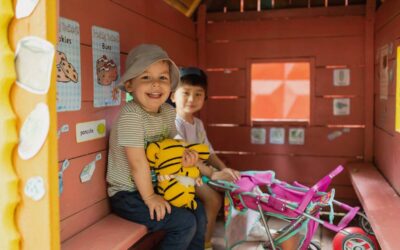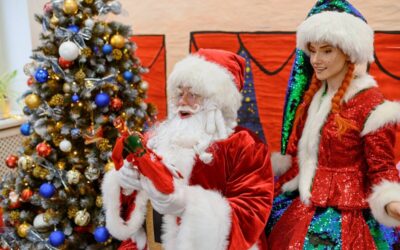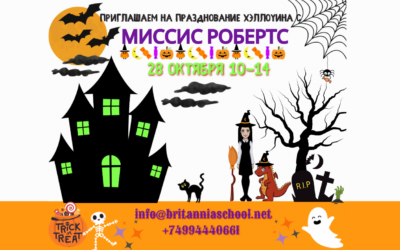What Will Your Child Learn In Reception?
A high quality early years education is not just about learning colours shapes, numbers and letters, It’s about learning to be independent, confident, strong and curious.
If children can learn to “have a go”, learn from mistakes and try again, they will succeed in their future learning. Young children learn by doing things independently for themselves, by exploring and investigating, watching and listening, talking and discussing, creating and communicating.
Letter and sounds
At school: The teaching of letters and sounds is divided into phases, with each phase building on the skills and knowledge of previous learning. There are no big leaps in learning. Children have time to practice and rapidly expand their ability to read by sounding out letters in words. They will be taught how to form the letters of the alphabet correctly and shown how to use punctuation in their writing.
At home: When the class teacher thinks your child is ready they will be given a word list to read, and a reading book with simple words, captions and sentences to practice reading at home. As you read with your child ask them questions about the book to develop their understanding of the text, for example: ”Who are the characters in the story?” or “What do you think will happen next?” Encourage your child to read a wide range of reading materials, not just their reading books e.g. stories, non-fiction, poetry, instructions, comics, posters etc.
Numbers and counting
At school: Children in Reception will be able to count beyond twenty and will begin to learn about how to work with numbers in basic calculations. Your child will learn to use a number line that will help them to understand addition and subtraction, and how to count in multiple. They will also be taught to recognize and describe 2D and 3D shapes, as well as form patterns and describe events in a chronological order. They will learn how to tell the time and understand mathematical concepts such as weight, capacity and height.
At home: You can help your child to be ready for school by introducing the language and concepts used in mathematics. DIY activities where you can ask your child questions can be very useful such as “Can you find the shortest/longest screw?” or “I need a short/longer nail, can you help?”. Much of this language will be incidental, but will prove to be an invaluable aid to your child when faced with mathematical concepts and problems at school. Use number recognition when it is relevant to your child i.e. “How old are you today?” or “How many days are there in a week?”
Fine motor skills
At school: By the time they reach Reception your child will be able to hold a pencil correctly and this will enable them to add details to the pictures that they draw and paint. They will have strong scissor skills and will be able to cut out patterns and shapes not just from paper, but from cardboard, ribbon and other materials.
At home: Be sure to give your child lots of opportunities to cut such as cutting up food for meals, cutting different materials, and using different types of scissors. You can encourage you child to draw on giant pieces of paper and use chalk to create pictures in the garden.
Reception Topics
Minibeasts
During the topic of minbeasts your child will explore and investigate their local environment. They will independently investigate the similarities and differences between mini-beasts and will gain experience of working with a variety of materials as they weave, make models and explore a range of creative making tasks. In literacy lessons they will discuss, write, and draw about mini-beasts, and in maths they will explore methods of measuring.
Castles and Homes
This topic will be full of fantastic art and literacy based activities. Your child will explore the most iconic buildings from around the world such as Red Square and Big Ben. They will listen to each other’s experiences of visiting different buildings, and will use their creative skills to design their own home or castle. There will be a big focus on science, and opportunities to investigate materials that are used to make buildings such as brick, wood and slate.
Maps and Journeys
This exciting topic will allow your child to look at and study local maps that are found in parks, shopping centers and metro stations. A map of the world will be studied, and your child will talk about the differences and similarities between countries. They will plan their own journey by creating maps to somewhere special such as space, another country, or to a far away land.
Time Detectives
Learning about the time is an important part of reception. This topic will look at events that have happened in the past such as when the dinosaurs became extinct, and the lost world of Atlantis. Children will begin to learn how to tell the time and sequence events in chronological order. The life cycles of animals and plants will be studied and the differences between day and night.
Reception’s Latest News
Britannia Summer Camp 2024
Britannia School is an English kindergarten in Moscow that specialises in teaching English through play to children aged 1.5 to 7 years old. This summer, Britannia School is offering a fun and educational English summer camp Monday through Friday for...
Christmas party in English for children 2023
On Saturday the 16th of December 2023 we will have a Christmas themed Saturday club in English for 3–9 year-olds. Our co-founder and head teacher @englishwithmrsroberts will be hosting the event, which starts at 10am and finishes at 2pm. The festive...
Halloween Party in English 2023
On Saturday the 28th of October 2023, Britannia School, a British Kindergarten will hold an annual Saturday Club in English dedicated to Halloween. The event is for children aged 3 to 7 years and will take place from 10:00 to 14:00 at our stand-alone...



